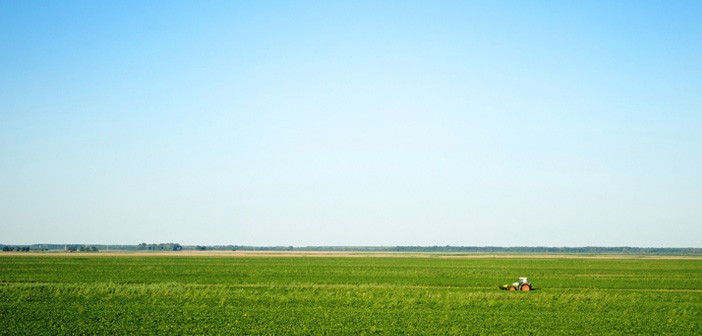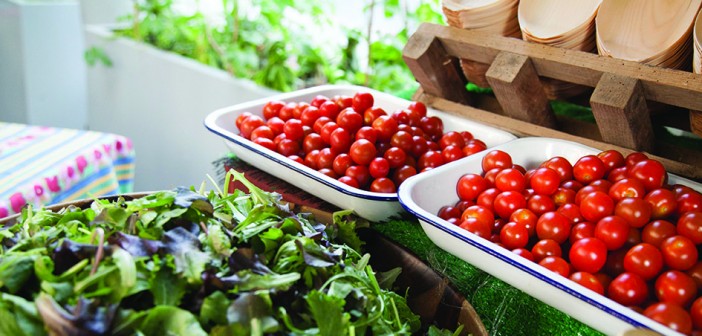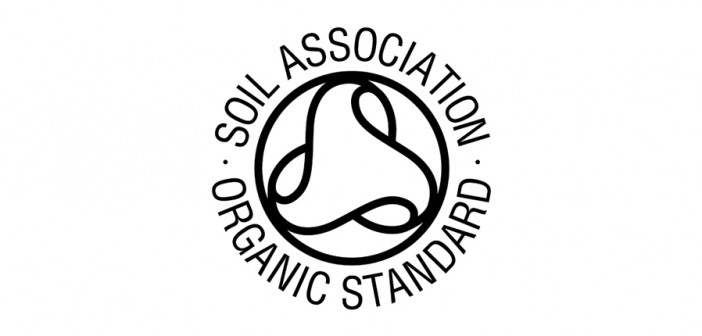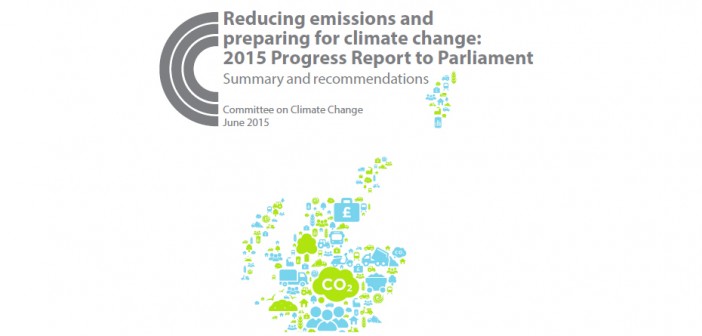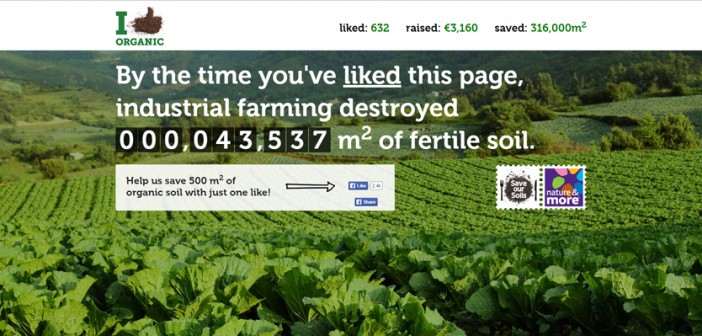The Soil Association has revised its organic standards following a major review in 2016, which included input from the public, farmers, expert advisers and the food industry.
The certification body, which claims it has the ‘highest UK organic standards’ said the changes would ensure organic farmers and processors can provide the highest level of protection for the environment, food and livestock in the most straightforward way possible. The updated format is also expected to make it more straightforward for farmers to become certified by the Soil Association.
The updated standards are now available to preview and will come into effect from spring 2019. Dr Benjamin Dent, chair of the Soil Association Standards Board, said, “We believe that the Soil Association’s higher standards are the right standards for organic food and farming in the UK. This has been an extremely thorough, evidence-based review. Our expert committees and consultations have ensured the new standards are practical for our licensees and encourage them to innovate, and that where we are more demanding than the regulations, that this is justified in terms of enhanced impacts on animal welfare and the environment.”
Key changes for farmers include: a number of changes to animal welfare rules, as well as less repetition and the ‘freedom to innovate.’
Daisy Blackhurst, standards impact manager for the Soil Association added, “These revised organic standards mean independent retailers can continue to be assured that when they stock organic products they are helping to support the highest standards of food and farming. For their shoppers, it means supporting the things we know they are concerned about, like protection for the environment, animal welfare and antibiotic resistance.”
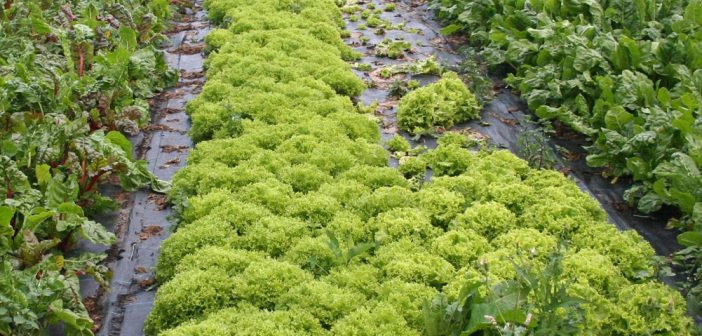
Photo Credit: Soil Association
The post Soil Association updates standards following review appeared first on Hort News.
